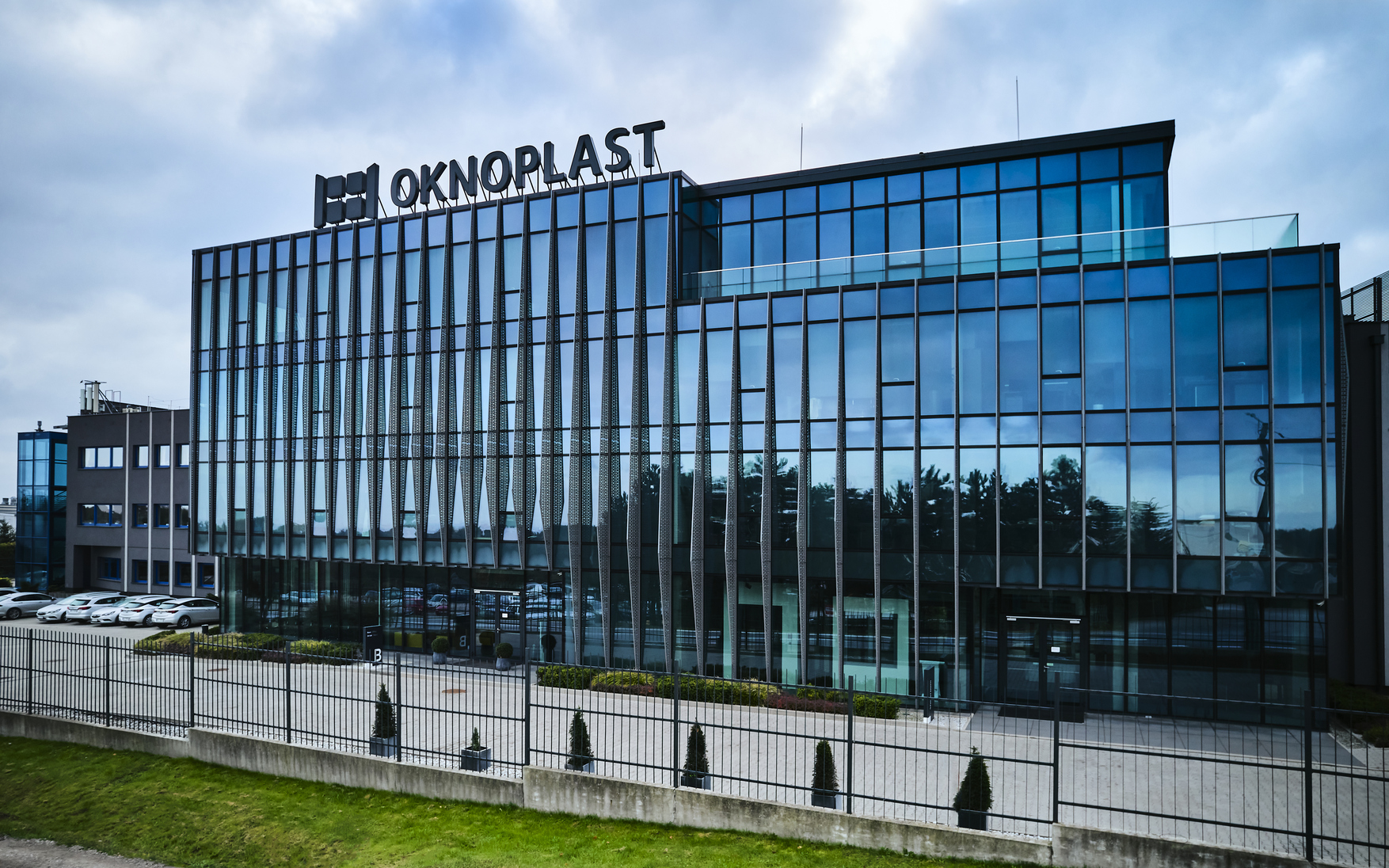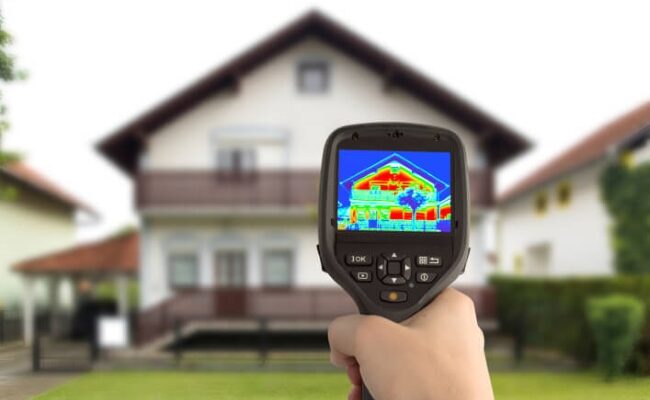To achieve this goal, Some innovations and changes have been integrated into the energy saving legislation. MARE Haus tells you what they are and what you as a builder and homeowner will need to pay more attention to in the future.
Changes for builders: higher requirements for a new building
There are many things to consider, especially when building houses, after Enev2014 comes into force. Important: the new regulations they only apply to construction projects from 1 January 2016! The energy requirements for new buildings were compared with Enev2009 of 25% of the permitted annual primary energy requirement relieved. The permitted heat transfer coefficient was reduced by an average of 20%. This means new buildings In the future, the thermal insulation of the building envelope will be significantly better must have.
Almost no innovation for home renovation
Indeed, Enev2014 hardly contains increases in standards for renovations. These are already quite strict in the previous energy saving ordinance from 2009. Constant temperature boilers more than 30 years oldbut according to Enev2014 you have to replace it. However, many owners of one- and two-family homes are not interested. The following applies: anyone who used at least one apartment in the building on 1 February 2002 is exempt from the new regulation.
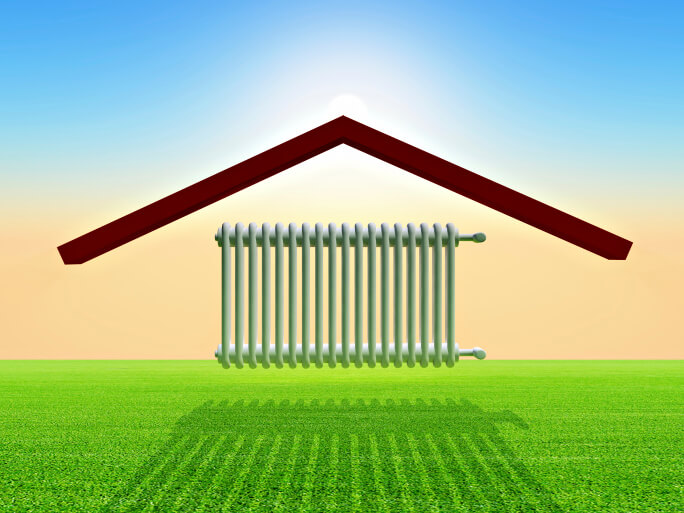
Stricter rules for energy certificates
A significant innovation in Enev2014 concerns the energy certificate: it must now be inserted also the energy efficiency class of buildings standing. Every seller or landlord is also obliged to list these building energy values in real estate advertisements. However, only homeowners who have the energy certificate issued after the entry into force of Enev2014 must comply with the regulation. Anyone who already has a valid energy consumption certificate for their home must do so Energy efficiency class in advertisements not yet specified. But this applies to everyone: future tenants or buyers have the right to see the energy certificate when they view the house, so it must be available by this time at the latest.
Compliance with Enev2014: countries plan random checks!
In future, the Länder will want to monitor compliance with the Energy Saving Ordinance much more strictly. They are designing energy certificates Carrying out random checks by independent experts. Furthermore, air conditioning systems will in future have to be checked in accordance with EU requirements. It is therefore important that all owners of single-family homes and condominiums comply with the Enev2014 requirements. Only in this way can you be sure that you will not have to incur expenses in the form of fines, but also high energy costs.
Conclusion
Compliance with the Energy Saving Ordinance (EnEV 2014) is becoming increasingly important as regulations and inspections grow stricter across the Länder. In the future, authorities will conduct more frequent and detailed random checks of energy certificates through independent experts, ensuring that buildings truly meet the required energy efficiency standards. Additionally, air conditioning systems will be subject to inspections under new EU guidelines, further emphasizing the need for responsible energy management in both single-family homes and condominiums.
For homeowners, adhering to these regulations is not only a legal obligation but also a wise financial decision. Non-compliance can lead to significant expenses in the form of fines and, even more importantly, higher long-term energy costs. By ensuring that your home meets the EnEV 2014 requirements, you protect yourself from potential penalties while also reducing energy consumption and improving overall living comfort. Proper insulation, efficient heating and cooling systems, and regular maintenance all play key roles in achieving and maintaining compliance.
Beyond the immediate benefits of cost savings and legal security, fulfilling energy efficiency standards contributes to environmental sustainability. Each homeowner who optimizes their property’s energy performance helps reduce CO₂ emissions and supports broader climate protection goals. These measures also increase property value, as energy-efficient homes are increasingly in demand among environmentally conscious buyers.
In conclusion, compliance with the Energy Saving Ordinance is an investment in both the future and the present. It safeguards homeowners from unnecessary expenses, enhances comfort and efficiency, and contributes to a more sustainable environment. By taking these regulations seriously and implementing energy-saving improvements proactively, homeowners can ensure long-term benefits for themselves and the planet alike.
latest posts published

The basement as an ideal place for a home sauna
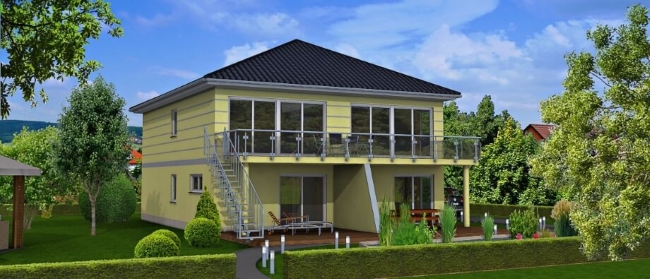
Building a condo is a breeze | What’s behind a condominium?
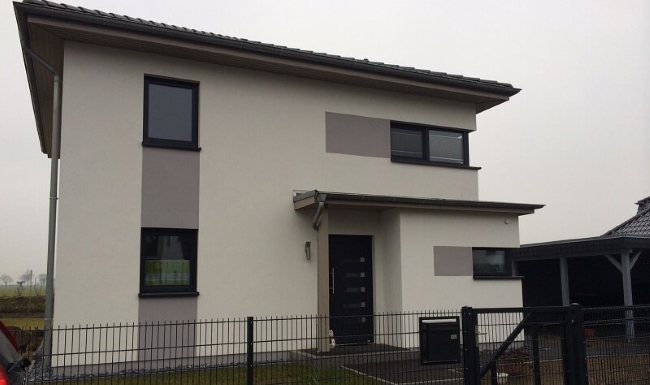
Splash protection for facades – that’s why it makes sense

How to design your home with a covered garage

Build savings in times of low interest rates

Useful information on property drainage | Considerations during construction

Interior wall plaster in brief
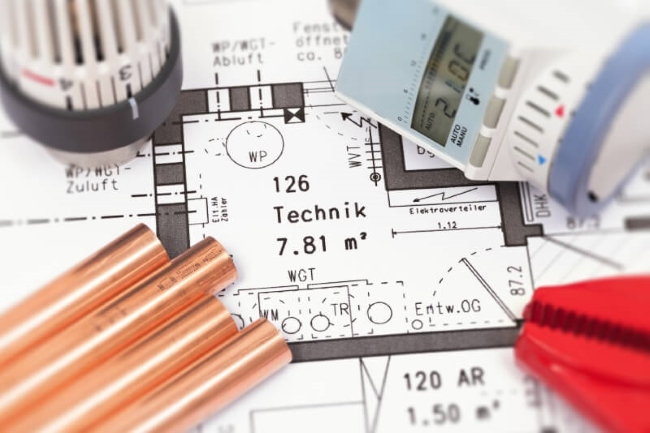
Heating with oil, gas or electricity

Foil as desired | Oknoplast
